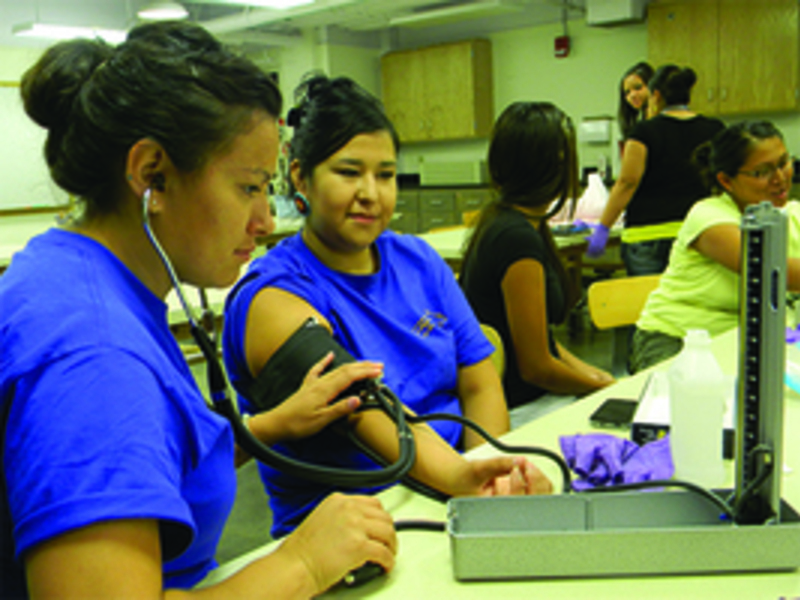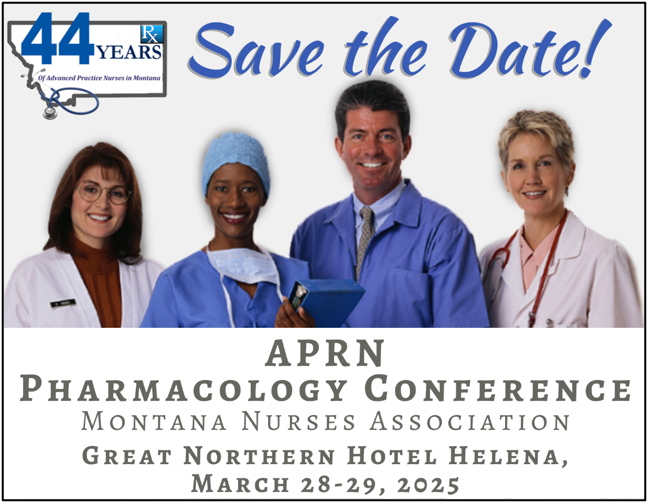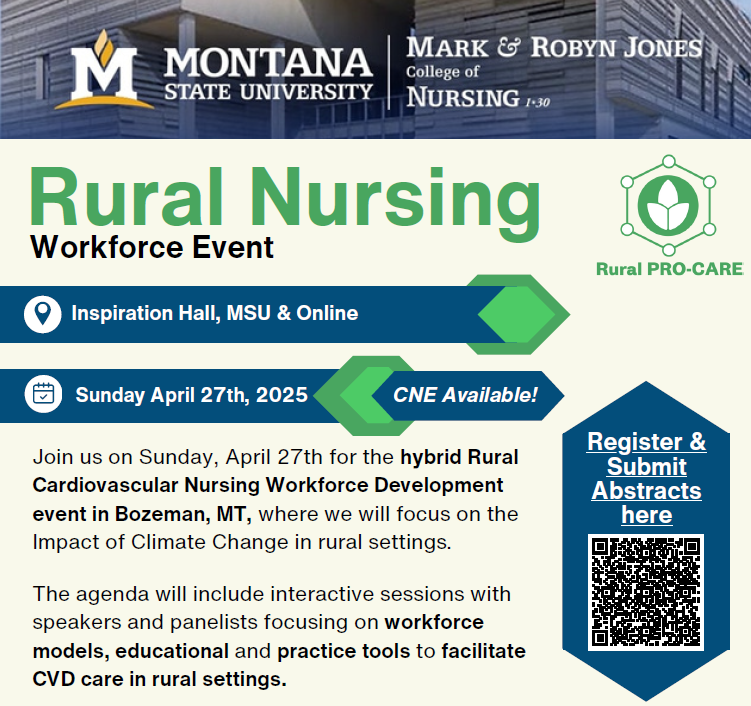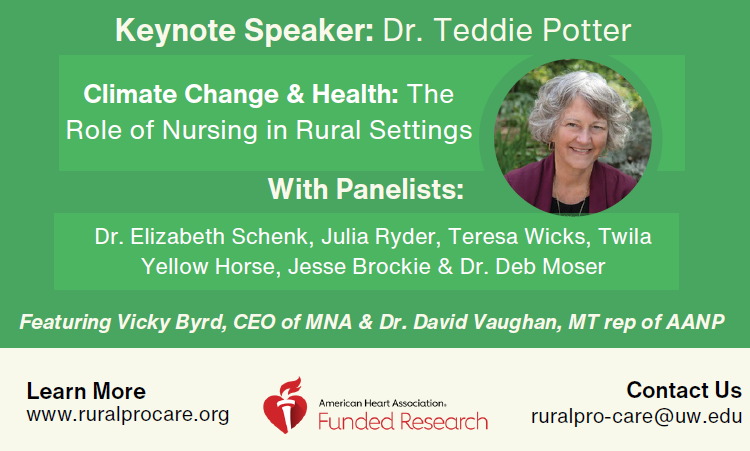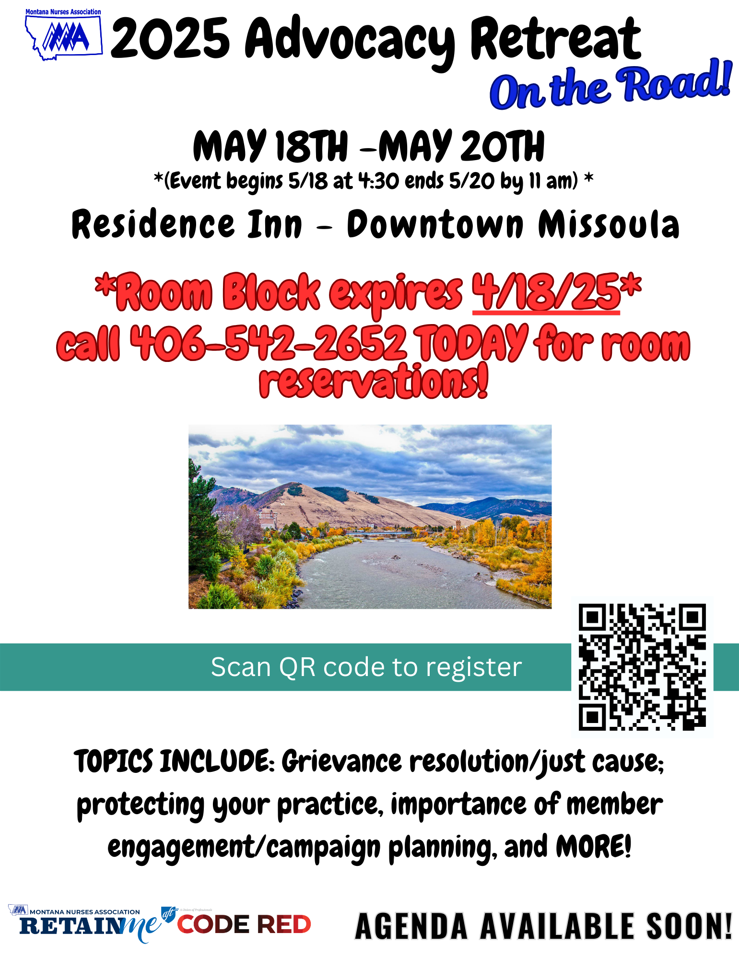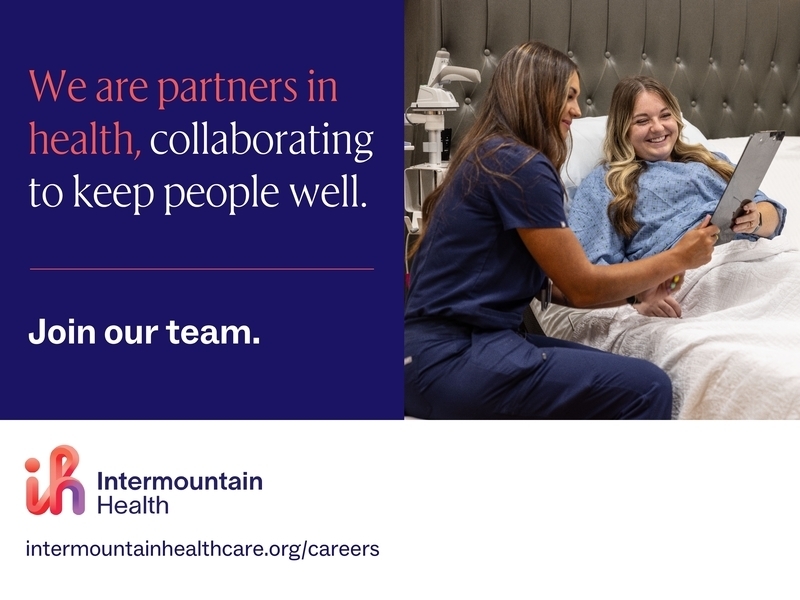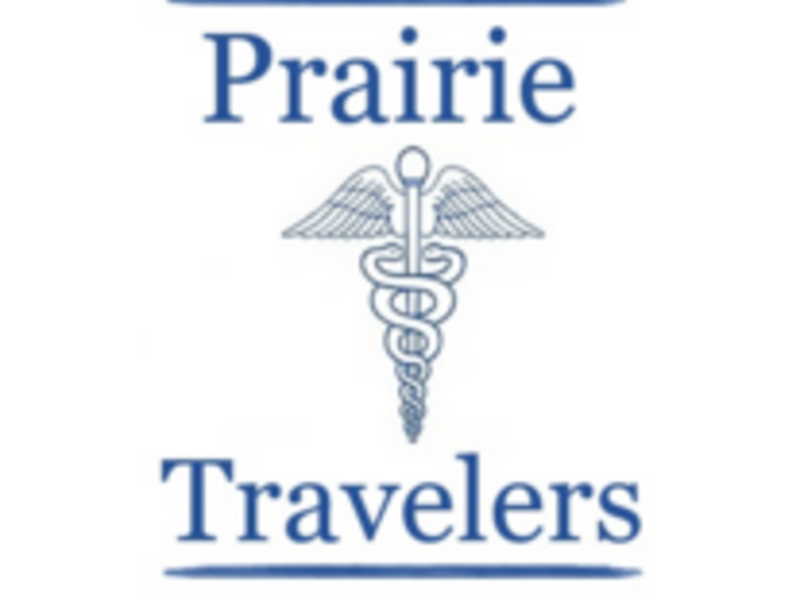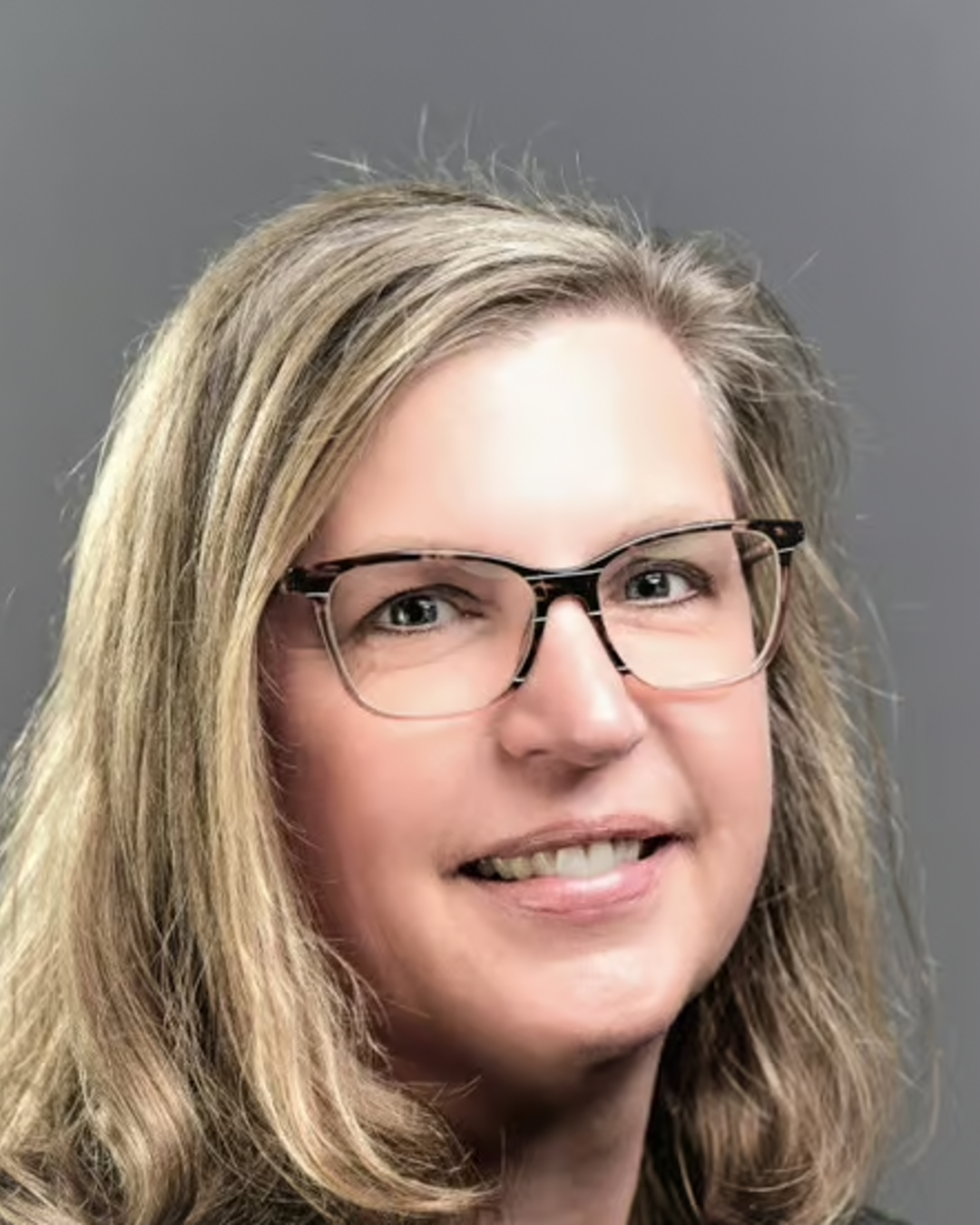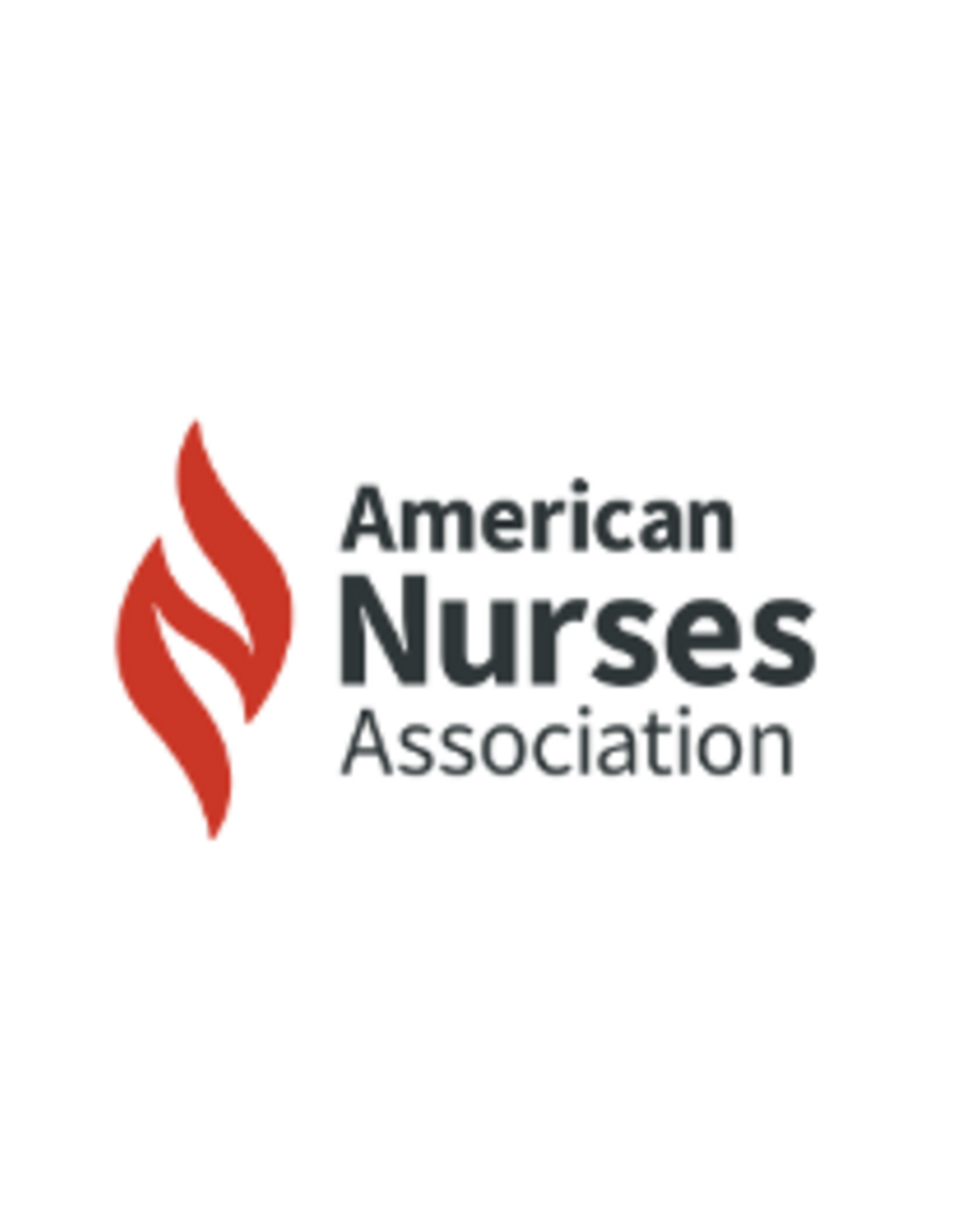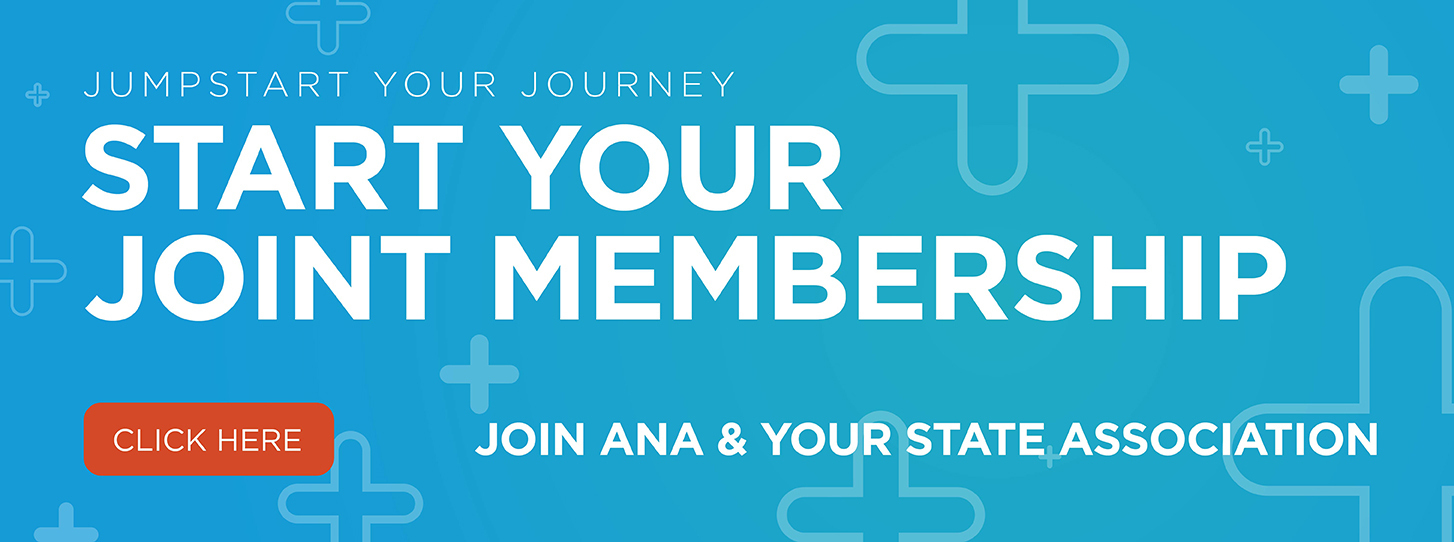Information on bills, legislative actions, testimonies, and CEO video updates can be found on our website at www.mtnurses.org under "Montana Legislature 2025." It is essential to know who your representatives and senators are, how they vote, and whether they truly represent your interests. As constituents, we must hold them accountable for decisions that impact our profession and the well-being of our patients. Stay informed and engaged---your voice matters!
HB 543 "An Act Repealing the Sunset on Reporting and Disclosure of Violence Against Health Care Employees"
-
Introduced by Representatives E. BUTTREY, J. ISALY, J. WEBER, D. POWERS, D. BEDEY, M. DUNWELL, L. JONES, T. RUNNING WOLF, S. WEBBER, K. WALSH, J. ETCHART, B. BARKER, D. HAYMAN, B. MERCER, S. MORIGEAU, G. PARRY, C. POPE, P. TUSS.
-
Passed out of House Business and Labor committee with a 20 to 0 vote.
-
Passed 2nd reading on the House floor with 89 Ayes, 8 Noes, 1 excused, and 3 absent.
- Representatives opposing mandatory reporting of violence against nurses and healthcare employees:
-
REGIER
-
BYRNE
-
DEMING
-
KELLY
-
KMETZ
-
LOVE
-
MILLETT
-
NICOL
- Passed 3rd reading on the House floor 93 Ayes, 6 Noes, 1 absent.
- Representatives opposing mandatory reporting of violence against nurses and healthcare employees:
-
REGIER
-
BYRNE
-
DEMING
-
KELLY
-
KMETZ
-
MILLETT
- On it way to the Senate chamber to be debated after transmittal.
**A special thank you to Representative Buttrey for spearheading this bill and securing many cosponsors. Additionally, a shout out to our Department of Justice putting together the website and posting the first year of data. Please see MNA summary related to that initial data and it can also be viewed on our MNA website.
HB 526 "An Act Adopting the Advance Practice Registered Nurse Compact"
-
Introduced by Representative A. Regier.
-
Failed in House Business and Labor committee with a vote to table the bill of 12 to 8.
-
Representative Regier attempted to "BLAST" the bill off the table onto the House floor during floor session and blast vote failed 44 to 55.
-
Bill is dead.
This bill is not ready for prime time in Montana.
-
Lack of APRN Input: APRNs were not involved in crafting this compact, yet they are the experts in their practice. They continue to request a seat at the table to ensure their concerns are addressed.
-
No Funding for Oversight & Compliance: There is no designated funding to ensure compliance with the compact's requirements.
-
Serious Compliance Issues: I have formally filed a complaint with the Department of Labor regarding compliance failures. Montana does not track compact nurses working in our state, even though they are required to obtain a new home state license within 60-90 days.
-
Loss of Revenue & Accountability: Many nurses continue working under their compact license for hundreds, even thousands of days without obtaining a Montana license (this is noted in the complaint to the DLI). A review of the NLC (Nurse Licensure Compact) has confirmed this ongoing issue. This results in lost revenue for the state, as these nurses are not purchasing the required Montana license.
-
Click here for Joint statement addressing compact concerns for APRNs
-
Click here for Key Concerns shared with lawmakers regarding APRN compact
RTW-Right to Work bills
-
All so-called "Right to Work" (better described as No Rights at Work) bills were successfully defeated! A huge thank you to our SWAT team members, nurses, and MNA staff who stood strong and attended the hearing on the most harmful of these bills, SB 376. The opposition was overwhelming---over 150 opponents testified against the bill, compared to just two proponents.
-
MNA, alongside all of Montana's state unions, united to ensure this legislation failed. Montana has a proud history of collective bargaining, with professional nurses securing their rights since 1967. This legacy was upheld during the 69th legislative session, and we commend our AFL-CIO state federation for their outstanding leadership in coordinating unions across Montana. Together, we showed up, spoke out, and protected the rights of our workers.
-
Other RTW bills defeated include SB 277 and SB 94.
SB 211 "An Act Revising the Emergency Use of Epinephrine in a School Setting to include Nasal Spray"
- Introduced by C. NEUMANN, V. RICCI, S. NOVAK, L. MUSZKIEWICZ,
B. EDWARDS, J. ISALY, M. LEE, M. NIKOLAKAKOS, B. CLOSE, G. OVERSTREET, A. GRIFFITH, M. CUNNINGHAM, T. MANZELLA, W. CURDY, M. DUNWELL, E. MATTHEWS, W. MCKAMEY, F. SMITH, D. FERN, D. HARVEY, M. REGIER, L. SMITH, M. YAKAWICH, C. GLIMM, E. BOLDMAN, J. COHENOUR,
P. FLOWERS, T. FRANCE, D. HAWK, D. HAYMAN, J. KARLEN, C. KEOGH,
K. KORTUM, F. MANDEVILLE, T. MCGILLVRAY, G. NIKOLAKAKOS,
S. MORIGEAU, A. OLSEN, C. POPE, M. THANE, P. TUSS, M. MARLER,
K. BOGNER, D. JOY.
-
Passed in Senate committee and 2nd and 3rd reading with overwhelming support.
-
On its way to the House chamber to be debated after transmittal.
**A special thank you to Senator Neumann who sponsored this bill and secured many cosponsors. Also, the Montana Association of School Nurses (MASN) and MNA submitted joint testimony in support of this bill in the Senate committee.
SB 372 "An Act Establishing Safe Staffing Standards for Nurses; Creating Nurse Staffing Committees in Hospitals to Protect and Enhance the Safety and Quality of Patient Care"
-
Introduced and carried by Senator Neumann.
-
Amendments were offered but not entertained by the committee.
-
Failed in Senate Business and Labor committee. Bill is dead.
-
CLICK HERE for bill language.
-
CLICK HERE for a flyer with talking points shared with all lawmakers.
Special thanks to the nurses that came to Helena Capitol to observe the committee hearing process and big thank you to those of you who testified. It is important for lawmakers to hear from nurses, especially those on the ground directly affected by these laws. Super proud of you.
MNA also thanks Senator Neumann for sponsoring this important legislation, as it remains a TOP priority for our members. Senator Neumann holds a Doctorate in Public Health and resides in Bozeman and we cannot be more grateful for her leadership in addressing healthcare issues.
SB 497 "An Act Addressing Career Fatigue and Wellness in Certain Health Care Providers"
- Introduced by W. MCKAMEY, M. NIKOLAKAKOS, E. TILLEMAN, G. HUNTER,
J. KASSMIER, G. LAMMERS, S. FITZPATRICK, N. DURAM, J. DARLING,
V. MOORE.
-
Passed out of Senate Business and Labor committee 9 to 3.
-
Passed 2nd reading on Senate floor 30 to 20.
-
Passed 3rd reading on Senate floor 28 to 21.
-
On its way to the House chamber to be debated after transmittal.
-
This bill addresses many healthcare professions; however, here is summary of testimony shared why this bill would be important and impactful to professional nurses.
Issues:
-
Nurses, physicians, and healthcare workers are often perceived as invincible, capable of healing and restoring health without limits.
-
This perception extends to healthcare professionals themselves, leading to unrealistic expectations of resilience against stress, burnout, and moral distress.
-
While campaigns like the American Nurses Association's (ANA) "What is Your Superpower?" aimed to empower nurses, they may have unintentionally reinforced the idea that seeking help is a sign of weakness.
-
Many nurses struggle in silence, feeling they should be able to "fix" themselves, fearing that colleagues are stronger and more resilient.
Proposed Solutions:
-
A confidential, non-disciplinary self-referral process that is independent of BON oversight.
-
Nurses need support, not stigma.
-
A non-punitive, confidential mental health pathway is essential to retain and protect the nursing workforce.
-
Legislative and institutional changes are needed to ensure nurses can seek help without fear of professional consequences.
**A special thank you to the Montana Medical Association (MMA), including and coordinating our health professions together and assisting us with information and process. Very special thanks to Jean Branscum, CEO of MMA, for her guidance and advocacy for health care professions.



